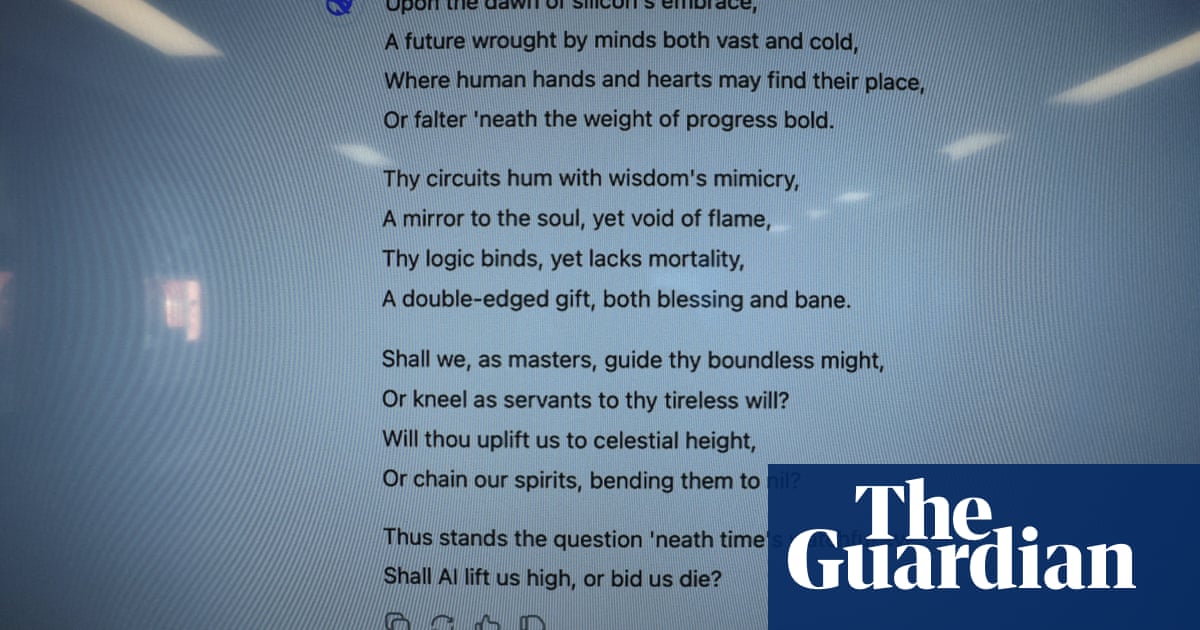Updated 21:40, February 1, 2025
Cover photo: #CollaborativeCoverage #Argentina
Argentines hit the streets on Saturday afternoon for the Federal Anti-Racist and Anti-Fascist Pride March. Rivers of demonstrators clutching rainbow fans, waving smoke flares, and dancing on protest trucks flowed through the streets of Buenos Aires, Tucumán, and more than 100 other towns and cities countrywide and major cities across the world.
The protest was spearheaded by the country’s LGBTQIA+ community, but it was explicitly intersectional, encompassing marginalized groups from all walks of life.
The march was a response to President Javier Milei’s speech at the 2025 World Economic Forum, in which he equated queer people with child abuse, claiming that femicide put women’s lives over men’s and accusing migrants in Europe of crime.
Micaela Pérez, from La Matanza, is an activist with travesti-trans activist group, Las Históricas. (Unlike its direct English translation, the Argentine word travesti is a gender identity worn with pride.) Pérez survived the dictatorship and has fought for LGBTQIA rights, despite being jailed several times.

She recalled that the travesti-trans community was long denied access to basic rights such as education, healthcare, and equitable access to jobs. Now, she believes, the queer community will consider seeking support from international rights institutions, if necessary.
“This is an anti-rights, homophobic state that is playing cheap politics with our laws,” she said. “We are living memory. That’s why we’ll go out [to march] as much as we have to.”
‘Nunca Musk’
Milei’s statements were just the latest in a series of comments that senior figures in Milei’s La Libertad Avanza government have made against the rights of women, queer people, immigrants, and other groups.
He spoke just days after U.S. President Donald Trump’s inauguration. Milei attended the ceremony, at which Trump likewise made comments against trans people, migrants, and other marginalized groups.
Many signs at the protest rejected — or poked fun at — Trump and Elon Musk, the billionaire owner of X and Tesla who is now heading up Trump’s newly-created Department of Government Efficiency. Trump allies have indicated that he drew inspiration in part from Milei’s austerity agenda. Milei, for his part, vociferously defended Musk in an X post after he was accused of performing two consecutive Nazi salutes on inauguration day.
Some people wore pink baseball caps that read “Make Argentina Gay Again,” a slogan that was scrawled on banners and posters dotted throughout the procession.
One sign, written in the font of the important post-dictatorship rights report Nunca Más (Never Again), read Nunca Musk (Never Musk).

Carola Escolar, a queer English teacher at the University of Buenos Aires, marched with her union. “There were a lot of people in our union’s group,” she said. “The anti-fascist, anti-racist and LGBTQA+ cause really moves people […] It gives you energy to see people react. When you hear the president’s comments at Davos, they don’t just stay at home.”
Protester Ale Bravío voiced concern that undoing progress in Argentina could have a ripple effect across the region. “Argentina has always been a beacon of LGBTQ+ rights, since the Equal Marriage law and the gender identity law,” she said. “We can’t go back 15, 25 years, because that means paving the way for other governments to take protections away from their people.”
Demonstrations took place throughout Argentina and several other countries, including Mexico, Spain, Italy, the UK, and the Netherlands. In Buenos Aires, demonstrators were scheduled to march from Congress to Plaza de Mayo at 4 p.m. — but started to gather shortly after midday.
In Tucumán, a huge march began in Plaza Urquiza. At around 7 p.m., demonstrators marched towards Plaza Independencia, where the Governor’s House is located, led by leaders of the local queer community, as well as social leaders and left-wing activists. There were chants against Milei, comparing him to the dictatorship, as well as Governor Osvaldo Jaldo, a Peronist politician who has been cooperative with Milei since he took office.
An assembly that ballooned
“I hope this march will be a celebration, a collective cry against fascism, and a turning point to push back against this political project that is trying to exterminate us because life is at risk, but we are alive, organized, and ready to defend it,” said Alejandra Rodríguez, a transfeminist activist of the Buenos Aires City LGBTQIA+ Antifascist Assembly, ahead of the march.
The protest was decided by popular vote a week earlier at an open anti-fascist LGBTQIA+ assembly in Parque Lezama. Assemblies held simultaneously across the country put their own February 1 protests on the calendar.
Rodríguez told the Herald organizers were surprised by the magnitude of the response, explaining that it started with a small meeting of friends and activists in Parque Lezama on the day of Milei’s speech and quickly ballooned to thousands in the same spot just two days later.
“There were health workers, students, scientists, sex workers, artists, teachers, retirees, workers of memory and human rights sites, a whole range of struggles and conflicts that said ‘Enough, Milei!’” she said.

“The fight for our anti-fascist and anti-racist LGBTQIA+ pride march is also for society as a whole, this march that has the support and participation of a huge breadth of affected social sectors.”
Speakers at the assembly emphasized intersectionality and called for a broad coalition to combat fascism. Many groups and human rights organizations had, in turn, shown support for Saturday’s march.
“We call on people to hit the streets to condemn this government that starves, represses, offends, lays off, indebts and hands over sovereignty,” said the Mothers of Plaza de Mayo in a communiqué. “To defend our jobs, salaries, freedom, and the right to food, health, and free sexual orientation.”
Author and activist Marlene Wayar urged people to attend in an interview on radio station Futurock: “This is the time to be anti-fascist and go. Go! Ultimately, all these little speeches will be lost and will be summarized in an aerial photo that tells the world: where is Argentina going? Towards fascist sh*t or not? This is the time for antifascist pride.”
Juan Décima contributed reporting from Tucumán
Article by:Source:












